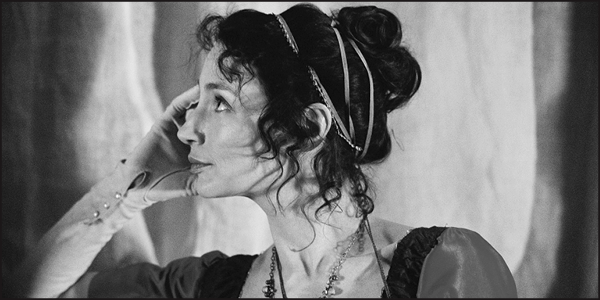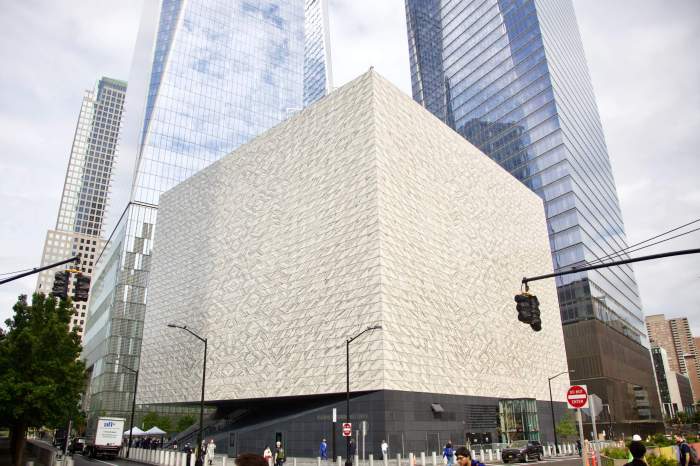BY STEVEN SNYDER
French film explores the joy and grief of an endless chase
Enigmatic to the point of exasperating, “The Duchess of Langeais” is likely to confound many viewers. As the film delves deeper into the personalities of its star-crossed lovers, however, one appreciates that all of this tension is quite intentional.
There is something masterful in the way “Duchess” so rigorously defies one’s expectations of a period romance, evoking the spirit of Stanley Kubrick’s movies, which drew viewers into peculiar worlds inhabited by characters that often incited visceral responses from audiences.
As constructed by director Jacques Rivette (“Celine and Julie,” “Va Savoir”), a titan of the French New Wave, on display is an unlikely war of the sexes waged through tangled social pleasantries. In an array of curtsies and bows, a man and a woman chase each other to the brink of sanity. The thrill of “Duchess” lies in watching this sexual anxiety escalate from a simmer to full boil.
Adapted from the novella by Honore de Balzac, the film comprises only a minor component of the author’s “La Comedie Humaine,” and stars two fine actors imbuing Balzac’s words with an explosive subtext. A brooding Guillaume Depardieu (son of Gerard) plays French General Armand de Montriveau, and a reserved Jeanne Balibar plays the beautiful Antoinette de Langeais. Onscreen, the couple meets in 1823 as a distraught Armand wanders the convents looking for Antoinette, whom he loved and lost years earlier.
Convincing a priest to give him access to Antoinette, Armand conceals intense feelings for the now-pious woman, talking to her through a metal grille while Mother Superior oversees from afar. But jumping back some five years, Rivette sets Armand and Antoinette at a far less reserved social ball at which Antoinette requests a formal introduction to this soldier she has heard so much about. Discussing Armand’s worldly jaunts and his stint as a prisoner in Africa, she flirts relentlessly. In subsequent meetings, as he makes his emotions known, she transforms flirting into a cat-and-mouse manipulation, enticing Armand before rejecting him time and again.
This is where impatient viewers may begin to wonder when, exactly, these measured bursts of small talk will translate into action. That tipping point is reached at yet another party when Armand, fed up with being strung along, abducts Antoinette! Delighted to find herself on the other end of the power spectrum, Antoinette warms to her captor. When he reciprocates, she distances herself, again. And so it goes.
Dramatist Aphra Behn once noted that “love ceases to be a pleasure when it ceases to be a secret,” a mantra to which “Duchess” adheres quite closely. What fascinates Rivette is the way these two remain detached from the pain they’re causing to the supposed object of their affections.
Much as “There Will Be Blood” is a case study of an evil man, turning him this way and that as we look for any hint of goodness, so is “Duchess of Langeais” a study of lovers in a perpetual state of disharmony. Probing their eyes, their words and their hearts, Rivette asks us to look at them closely, and to decide whether there is anything more significant occurring here than a callous power struggle.
Is love about welcoming another into your heart, the movie seems to ask, or is it about reaping pleasure only for oneself?
From the beginning, Armand and Antoinette’s mutual attraction stems from the fact that they cannot have one another. It’s not about the love, but the chase, implying that these two manipulators were made for one another.


















